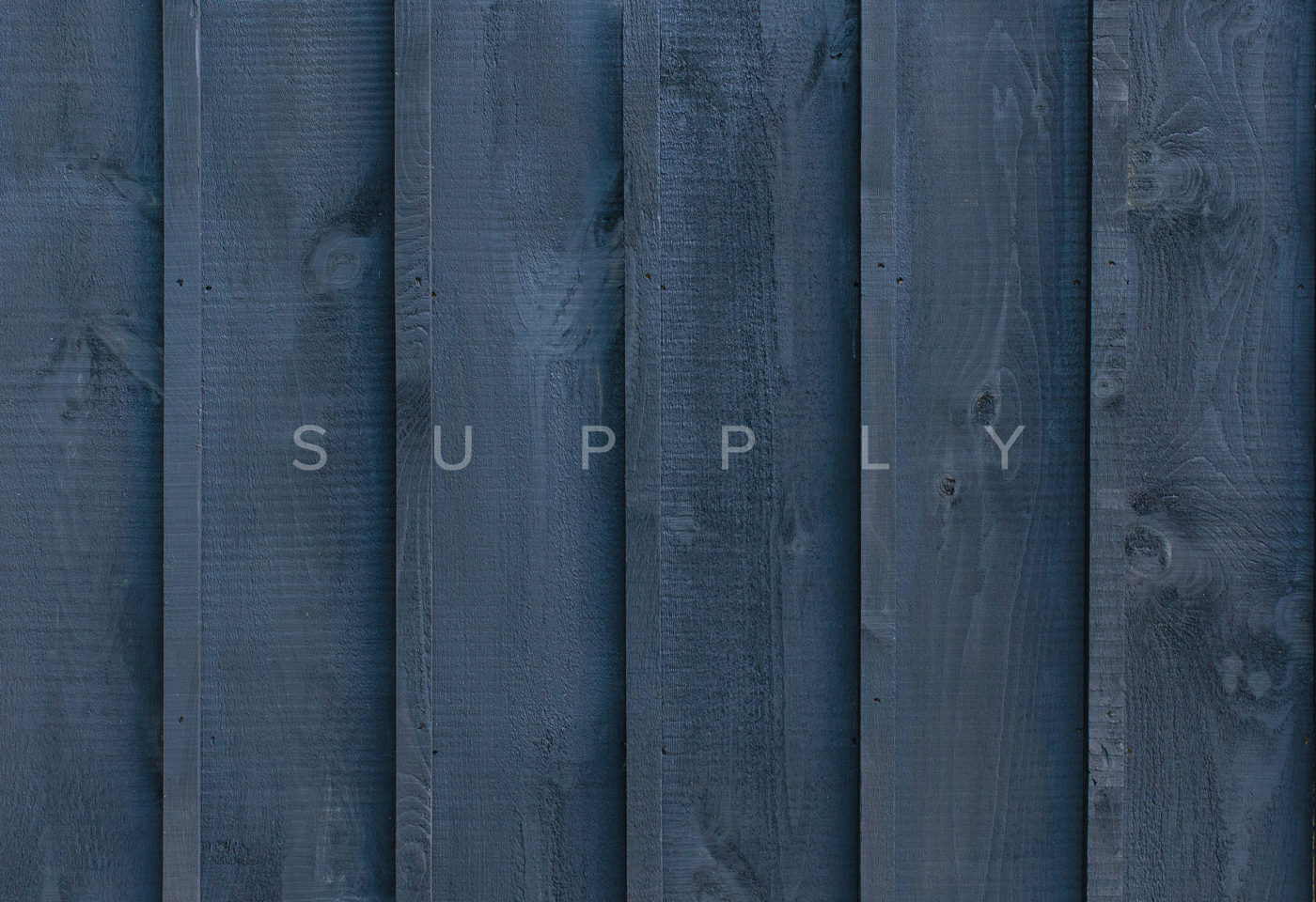By Martha Hall Findlay
Published in The Hill Times
March 20, 2019
There is no clear policy nor even any clear policy principles in Canada about compensation or transition assistance in the event of economic disruption.
Should our dairy producers be compensated for losses they incur due to concessions made by Canada affecting the sector under recent trade agreements?
Yes, maybe.
If people suffer because of trade-related disruption, caused by decisions made by our government, and they are unable to adapt, it is only fair if they are compensated. But it is also only fair to compensate for losses that are actually suffered. Despite the hue and cry of “lost markets” and “foreign intrusion” into the Canadian dairy market, what are the real losses suffered? Who calculates them? What’s industry doing to adapt?
The trade agreements are the Comprehensive Economic and Trade Agreement with the European Union (CETA), the Comprehensive and Progressive Agreement for Trans-Pacific Partnership (CPTPP), and the new, yet-to-be ratified United States-Mexico-Canada Agreement (USMCA), which, if it goes ahead, will replace NAFTA.
In CETA, two new tariff quotas to be implemented over five years, and duty-free treatment for milk protein substances, opens access to up to two to three per cent of our cheese market. The best way to calculate the market effects is in terms of butter fat. CETA opening equates to about five million kilograms of butter fat. For context, Canada produces about 370 million kilograms of butter fat. The CPTPP opens access to up to 3.25 per cent of the Canadian dairy, poultry, and egg markets—and that was negotiated before the U.S. left. Based on geographical limitations and the perishable nature of fluid milk, it’s unclear how that market access will be used by the other parties to the deal. Full access—doubtful without the U.S.—would equate to about 12 million kilograms of butter fat, phased in over 19 years. Finally, USMCA would open access to up to 3.59 per cent of the dairy, poultry, and egg markets. With the U.S. next door, fluid milk is a bigger potential issue. The trade deal would allow in up to 14 million kilograms of butter fat, phased in over five years.
In all, these deals open up about eight per cent of the total butter fat market to competition—if it gets used.
Under CETA, the federal government committed $350,000 to producers and $250-million for processors. The Harper government promised up to $4.3-billion (for all three—dairy, poultry, eggs) under the CPTPP—not only before the U.S. pulled out, but also before there was any evidence of what the costs might be. With USMCA, it is possible that domestic production may go down, but under the system, domestic farm gate prices are set (by producers) based on costs of production, plus a “fair” return. Will the prices paid to producers (ultimately by consumers) simply go up, thus negating any actual losses from loss of market share?
There are other levers that may affect the balance of “losses” versus “gains.” For example, processors may buy less milk from domestic producers, but will see greater margins from buying cheaper milk from the U.S. What happens where producers are also the owners of the processors and the processors can make more profit because they can buy U.S. milk more cheaply? Agropur is a cooperative owned by more than 3,000 dairy producers—about one-third of Canadian dairy farmers. Ironically, this company owned by Canadian dairy producers processes more U.S. milk than Canadian. Yet because of supply management, those Canadian producers can’t supply more for the international markets that Agropur (and Saputo, and others) are rapidly expanding into because of our system, so they are stuck. But Agropur paid them $65.2-million in “patronage dividends” in 2017 alone; more than $100,000 per producer over the last five years, over and above the “cost-plus” pricing for their actual milk production. If Agropur makes more profit from USMCA, and returns more in dividends to its Canadian producer members, should that not be taken into account?
Compensation should be based on evidence of actual loss suffered, not “anticipated.” Any concept of fairness—to the people incurring the losses and taxpayers funding the compensation—requires this approach.
And should the industry not be required to adapt? In theory, these trade agreements open up market access for our dairy industry, but because of supply management, it can’t take advantage.
Virtually all discussions and decisions about compensation or transition assistance in the event of economic disruption take place in reaction to strong lobbying, or based on political considerations.
This is unfair to those who should be helped but who do not have powerful lobbies or political support, or to taxpayers, who in some cases, fund “compensation” that may not be warranted. It also wastes time, energy, and political effort every time an issue arises, as opposed to a system based on clear principles of fairness, objectivity, efficiency—and compassion.
Martha Hall Findlay is president and CEO at the Canada West Foundation.
